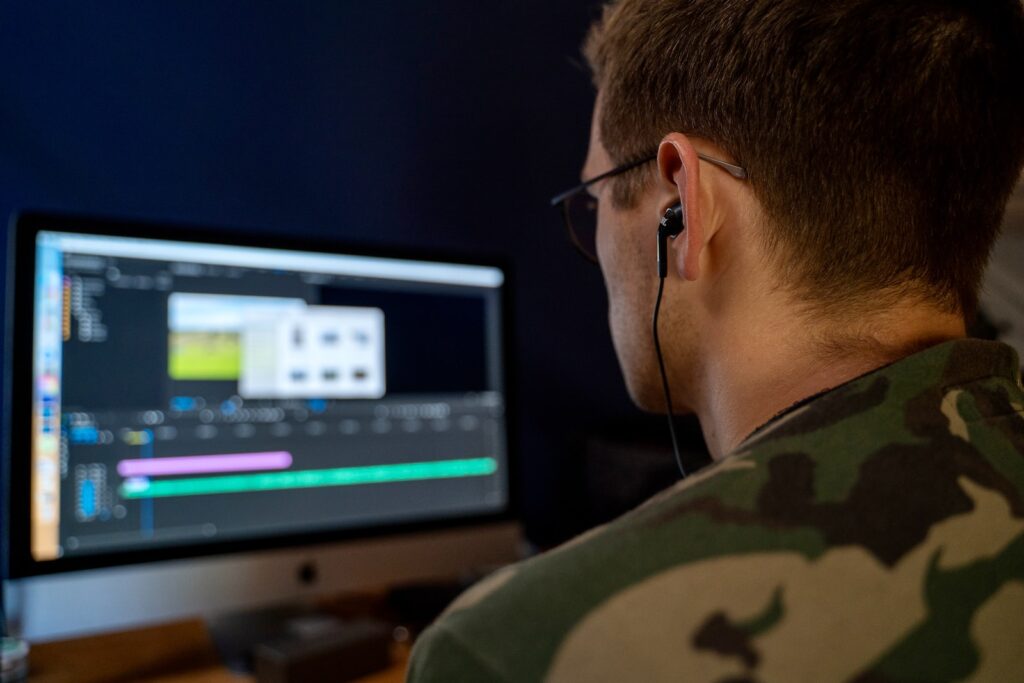Top 7 Animation Trends to Watch in 2024 for Stunning Visuals
The world of animation is constantly evolving, with new techniques and styles emerging each year. As technology advances and creative boundaries expand, 2024 promises to be an exciting year for animators, filmmakers, and designers alike. Whether you’re a seasoned professional or just starting, keeping an eye on the latest animation trends can help you stay ahead of the curve and produce stunning visuals that captivate audiences. Here are the top seven animation trends to watch in 2024. 1. 3D Animation with a Twist While 3D animation has been around for a while, 2024 will see it take on new forms. Expect to see more experimental approaches, such as combining 2D and 3D elements to create unique visual experiences. This blend can add depth and dynamism to projects, allowing artists to push the boundaries of traditional storytelling. With advancements in software and hardware, animators can achieve a level of detail and realism that captivates viewers and enhances the overall narrative. 2. Augmented Reality (AR) Integration Augmented Reality is making waves across various industries, and animation is no exception. In 2024, animators will increasingly incorporate AR elements into their projects, allowing users to interact with animations in real time. This trend not only enhances viewer engagement but also opens up new storytelling possibilities. Imagine an animated character coming to life in your living room or a virtual art installation that interacts with its surroundings. As AR technology becomes more accessible, expect to see innovative applications in marketing, education, and entertainment. 3. Sustainable Animation Practices As the world becomes more environmentally conscious, the animation industry is following suit. In 2024, animators will increasingly adopt sustainable practices, focusing on reducing their carbon footprint during production. This may involve utilizing eco-friendly software, minimizing waste, and promoting themes of sustainability within animated content. By integrating these practices, animators not only contribute to environmental preservation but also resonate with audiences who value corporate responsibility. 4. Stylized Characters and Unconventional Designs Character design is a crucial aspect of animation, and 2024 will see a shift toward more stylized and unconventional designs. Artists are experimenting with exaggerated proportions, vibrant color palettes, and unique shapes to create memorable characters that stand out. This trend allows for greater expressiveness and personality, making characters more relatable and engaging. By stepping away from traditional aesthetics, animators can craft narratives that feel fresh and innovative. 5. Motion Graphics in Live-Action The fusion of animation and live-action has been gaining popularity, and this trend is set to continue in 2024. Motion graphics will increasingly find their way into live-action films, commercials, and social media content, adding an extra layer of visual interest. This combination can enhance storytelling by providing additional context, highlighting key information, or simply adding flair. Expect to see more seamless transitions between live-action footage and animated elements, creating a cohesive viewing experience. 6. AI-Powered Animation Tools Artificial Intelligence is transforming the animation landscape, and 2024 will be no exception. AI-powered tools are making it easier for animators to streamline their workflows, automate tedious tasks, and generate high-quality animations quickly. From character rigging to background generation, AI can save time and resources, allowing artists to focus on creativity and storytelling. As these tools become more sophisticated, expect to see a wider range of innovative animations that leverage AI technology. 7. Narrative-Driven Animation As audiences crave deeper connections with stories, 2024 will emphasize narrative-driven animation. Animators will focus on crafting compelling narratives that resonate with viewers emotionally. This trend includes exploring complex themes, character development, and storytelling techniques that draw audiences in and keep them engaged. By prioritizing narrative, animators can create impactful experiences that linger in the minds of viewers long after the credits roll. Conclusion The animation landscape is set to evolve significantly in 2024, offering exciting opportunities for creators to explore innovative techniques and styles. From the integration of augmented reality and AI-powered tools to the rise of sustainable practices and narrative-driven storytelling, these trends will shape the future of animation. By staying informed and adapting to these changes, animators can create stunning visuals that not only entertain but also connect with audiences on a deeper level. Embrace these trends and let your creativity flourish as you embark on new animation projects this year. Whether you’re creating animated films, promotional content, or social media animations, the possibilities are limitless in this dynamic and ever-changing field.
Top 7 Animation Trends to Watch in 2024 for Stunning Visuals Read More »






